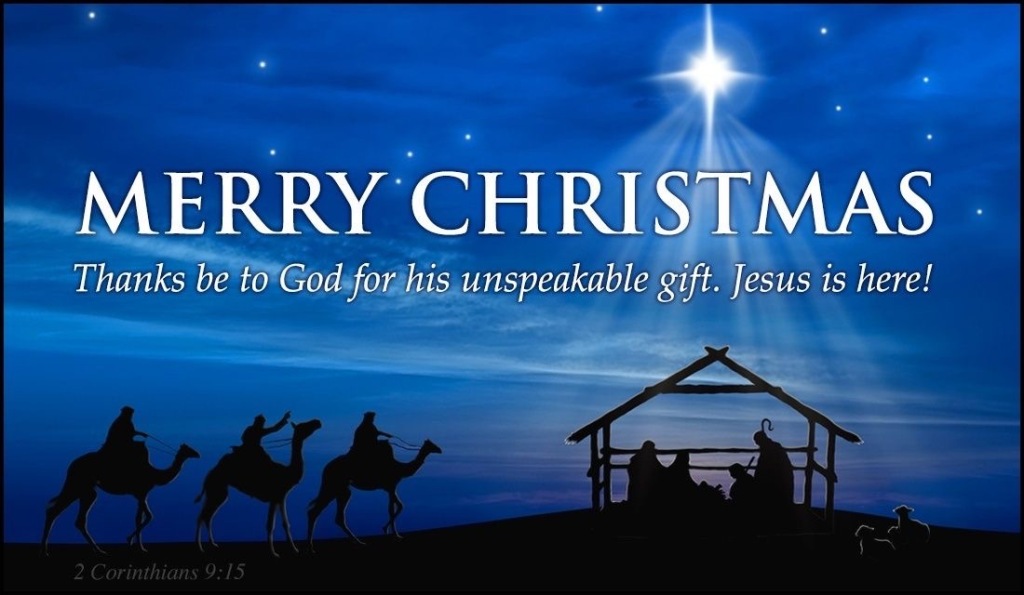As I sit in reflection of another passing year, I am overwhelmed by the blessings I count. It was a quiet Christmas evening that really began what has been almost an entire week of reflection. Gratitude and humility have been “top of mind” for me all week long. Seems an appropriate way to end the year.
Now, we await the dawning of a new year. A new year will bring a new devotional routine for me (just because I need a change), but I can’t think of a better way to begin the new year than with the Wesleyan tradition of the Wesley Covenant Prayer. I invite you (the three of you who read this regularly) to join me in renewing our covenant for the new year.
“I am no longer my own, but thine.
Put me to what thou wilt, rank me with whom thou wilt.
Put me to doing, put me to suffering.
Let me be employed by thee or laid aside for thee,
exalted for thee or brought low for thee.
Let me be full, let me be empty.
Let me have all things, let me have nothing.
I freely and heartily yield all things
to thy pleasure and disposal.
And now, O glorious and blessed God,
Father, Son, and Holy Spirit,
thou art mine, and I am thine. So be it.
And the covenant which I have made on earth,
let it be ratified in heaven. Amen.”
That, my friends, is a bold prayer! The prayer was adapted by John Wesley for the renewal of the believer’s covenant with the Lord. Wesley first used this prayer in a covenant renewal service held on Monday, August 11, 1755, in London, with 1800 people present. Since then, the Wesleyan Covenant Prayer has been used in Methodist services around the world on the first Sunday of the year.
Well, this is the last Sunday of the year, but I’m praying this prayer anyway. Nothing like getting an early start, right? Perhaps starting early will prepare me for the changes the new year ushers in. What changes you ask?
First, I have announced to the leadership at Lakeview Methodist Church that January 28th will be my last Sunday to serve as their interim pastor. Earlier in December, the congregation voted to align themselves with the Congregational Methodist Church. My original commitment to the congregation was to shepherd them through the process of re-alignment, and that process is now complete. I can commend them to the care of the Congregational Methodist Church as they begin the process of calling a new pastor.
I do leave them to the care of the Congregational Methodists a bit reluctantly, but only because I hate to leave them high and dry until they find a pastor. My doing so has more to do with a big change in my business that simply doesn’t leave me time to be fair to the congregation in my devotion as an interim pastor.
December 22nd of this year was the last day on staff for the manager of the business. It was a big change for him, for the business and staff and for me. Everything is well. He left to pursue an opportunity he believed he couldn’t pass up. I wish him only the best. He has been a tremendous asset to the business and to me personally. He is perhaps the best mechanic I’ve ever seen, and I would gladly trust him to fix any problem with my vehicles. No doubt, it is a loss for SpeeDee Oil Change & Auto Service in Ruston, but we will persevere.
With my manager’s departure, that leaves me to serve as the manager of the shop for now. No, I won’t be the mechanic, too! You don’t want me turning too many wrenches on your vehicle. I have become in the automotive industry like I was in the hardware business with my grandfather. In the hardware store, I learned to identify what you needed to fix your problem, you just didn’t want me to fix it!
Don’t worry! I do have another mechanic on staff, so we’ll get those mechanical issues taken care of, for sure. But, until I can identify a new manager, the manager will be me, and that means generally opening and closing the shop six days a week. Not much time for anything else for now.
I regret it for the congregation. I had hoped to be with them until they called a new pastor, but I suppose the Lord had other plans. It seems as though the Lord always has other plans. What’s the old joke? Want to make God laugh? Tell him your plans!
So, we’ll see what plans the Lord has for 2024. I think that really is the essence of the Wesley Covenant Prayer. Lord, show me Your plans. Whatever those plans are, I’m down with them. I really can’t think of a more appropriate way to begin the new year. Will you join me in that prayer?
Happy New Year everyone!
Until next time, keep looking up…
















